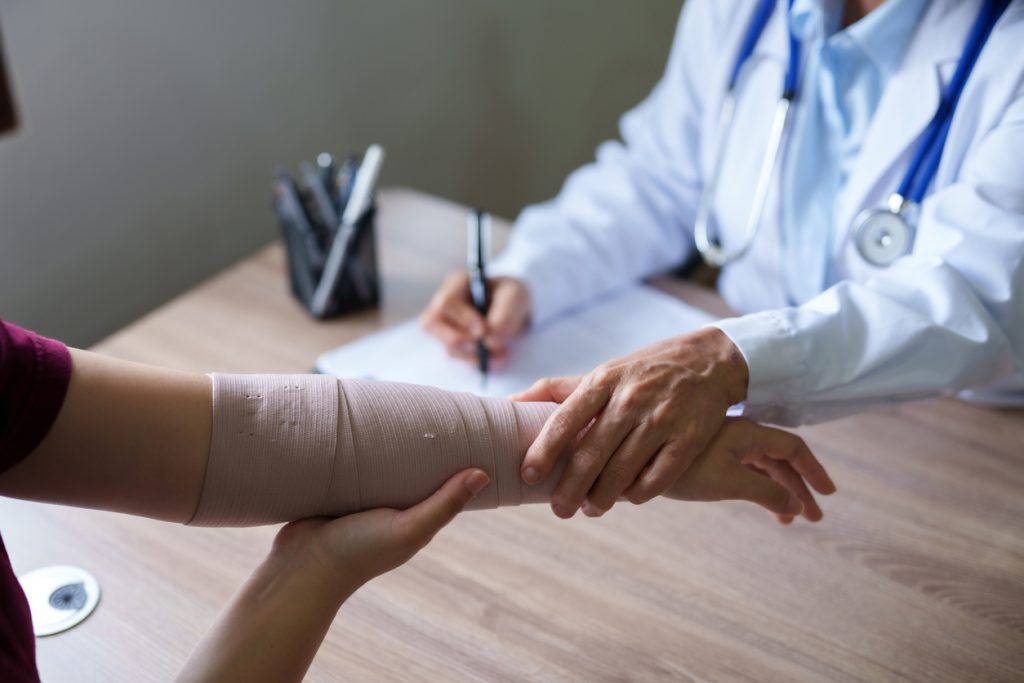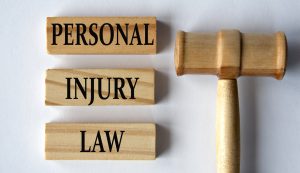If you've been physically injured in an accident, it's almost a given that you'll require medical care. In America, healthcare costs are sky-high, often leaving victims in a financial rut. When injuries demand specialized, prolonged medical interventions, the bills can pile up significantly, draining your finances.
Unfortunately, this is a common reality for many personal injury victims. The good news is you have the right to compensation. This article is designed to guide you through legal avenues of pursuing a claim and how a legal professional can help. Speaking to personal injury attorney William Umansky can prove to be a smart choice. Keep reading for a comprehensive insight into the topic.
Understanding Medical Expenses in a Personal Injury Claim
Medical expenses fall under the “economic damages” umbrella of a personal injury claim. Economic damages compensate for the direct financial expenses related to your injury. Besides medical expenses, economic damages also include lost wages and property damage.
Medical expenses encompass costs involved in your treatment post-accident. These costs include ambulance fees, ongoing medical treatment, prescription medication, and any therapy ordered by your doctor. They also cover necessary medical equipment, like crutches or wheelchairs, and sometimes even the cost of traveling to and from appointments.
Remember, every expense directly related to your treatment can be included in your claim. They form a crucial part of your case, helping to ensure you're not left out of pocket due to an accident caused by another's negligence.
Liability
Liability forms the bedrock of a personal injury claim. It is what ties the defendant to your injuries. It hinges on negligence, meaning the defendant failed to exercise reasonable care, leading to your injury.
However, there's also “strict liability.” Under strict liability, you, as the complainant, aren't required to prove the defendant was negligent. It's enough to show that the injury occurred due to the defendant's actions or product. Strict liability is applied in defective product claims.
Regardless of whether negligence or strict liability applies, proving liability is key, and only when you successfully establish liability can you recover the medical expenses and other damages. It's all about demonstrating how another's actions resulted in your injury. A lawyer is adept at showcasing such factors in front of a court of law.
Establishing Medical Expenses
Proving your medical expenses is pivotal to your personal injury claim. Documents, such as medical bills and receipts, serve as concrete evidence. Medical bills reflect the hospital stay and treatment cost, while receipts often apply to prescription medication and medical equipment.
Therefore, keep every piece of documentation safe from the start. For additional proof, physician and therapist reports can help establish the need for ongoing treatment until you attain the maximum medical improvement.
Remember, the more comprehensive your evidence, the stronger your claim. Therefore, ensure to keep everything organized and easily accessible.
The Need for a Lawyer in a Personal Injury Case
Ideally, you should recover every cent spent on medical expenses following a personal injury. However, you do not live in a perfect world. The defendant and their insurance company will often attempt to devalue your claim. They might argue that you had pre-existing conditions or claim that gaps in your treatment indicate a lack of necessity for certain medical expenses.
This is where a personal injury lawyer can make a significant difference. A skilled lawyer understands the tactics used by insurance companies and will aggressively argue against such attempts to minimize your claim. They can help you navigate the complexities of personal injury law and ensure that your compensation is fair and adequate.
Conclusion
Recovering medical expenses after an injury isn’t always straightforward, but you don’t have to face it alone. With the right documentation and a knowledgeable personal injury lawyer, you can build a strong case and pursue the compensation you deserve. Don’t let mounting bills overwhelm you—take legal steps to protect your rights and secure your financial recovery.





















